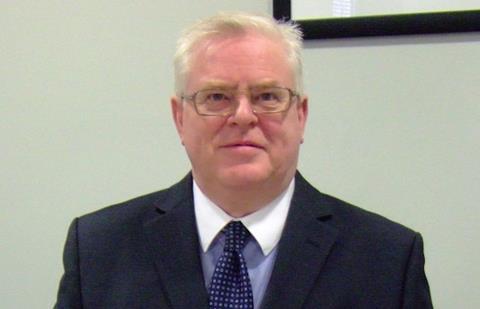
The apparently simple question 'what insurance premium tax rates apply in other European countries?' is actually far from straightforward. What other countries do is complex, which means comparing the recent insurance premium tax (IPT) increases in the UK to the rest of Europe is also complex.
Rates of IPT on medical and health insurances vary across European countries. In many European Union (EU) countries, medical insurance is exempt from IPT, and in those countries that do impose the tax on health insurance, the rate varies from just 1.5% to 21%.
Of the 28 EU member countries, 15 either exempt taxation on healthcare spend or do not apply it at all. Of the remainder, only six charge IPT at a rate above 6%, which was the UK's rate in 2011.
IPT represents a triple taxation, which includes employer national insurance contributions (NICs). This has a direct and indirect impact for employers paying premiums on behalf of their staff. A direct impact, for example, would be an increase in the overall employer cost of providing the health insurance benefit. An indirect impact would be an increase in the benefit-in-kind (BIK) tax charge the employee suffers. This could result in some employees opting out of the benefit because they do not want the tax charge, therefore reducing the effectiveness of health and wellbeing cover across the workforce.
IPT increased by a further 2% to 12% overall on 1 June 2017; the third such increase in 19 months.
PMI and health cash plans rank highly among staff in terms of benefits and represent key components of any health and wellbeing strategy. Each increase in IPT, therefore, impacts affordability for employers, and directly impacts staff. These impacts could include policies being cancelled or scaled back in terms of staff eligibility or reducing benefit limits for cost purposes.
For each £1,000 of an employer's healthcare spend, the government takes a further £120. As opposed to penalising employers choosing to protect the health and wellbeing of their employees, the government should tangibly encourage the purchase of PMI and cash plan benefits as a means of reducing the strain on an already overstretched NHS.
Stuart Scullion is chairman at the Association of Medical Insurers and Intermediaries (AMII)











